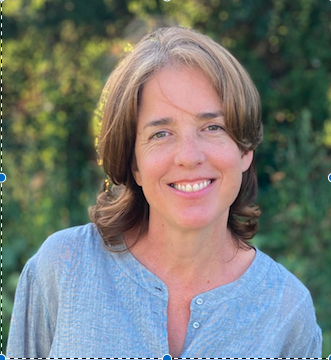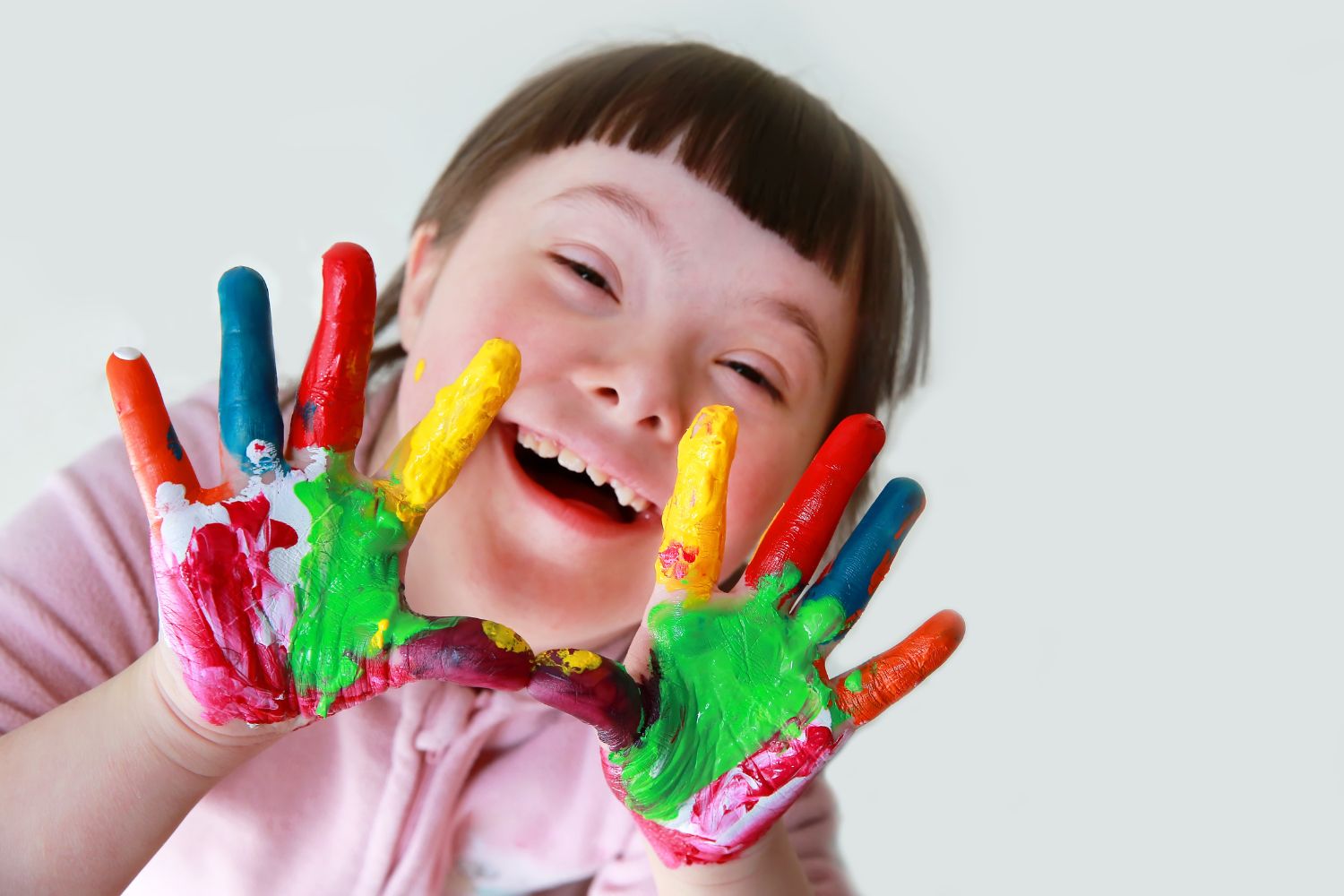Please Select
Social connection is often mislabelled as a “soft skill”—perceived as secondary to core business outcomes.
Yet, insights from psychology, neuroscience, and organisational science paint a different picture: the quality of human connection at work is one of the most powerful levers for driving resilience, innovation, and sustained performance.
While individual wellbeing remains essential, achieving meaningful and scalable impact requires more than isolated interventions. It calls for a shift in mindset—from wellbeing as a personal responsibility to wellbeing as a collective imperative. Leaders must adopt a systems approach that embeds connection across leadership behaviours, team practices, and cultural norms.
When meaningful connection is lacking, collaboration breaks down, engagement declines, and stress rises—even within high-performing teams. But when connection is intentionally nurtured at every level of the organisation, it unlocks human potential, strengthens psychological safety, and creates the conditions for long-term, enterprise-wide performance.
People leaders who are skilled in fostering social connection do more than build cohesive teams—they architect thriving cultures where individuals feel seen, energised, and motivated to contribute meaningfully to a shared purpose.
Turning Insight into Actionable Leadership
This transformational masterclass explores the strategic role of social connection in enhancing employee wellbeing, engagement, and contribution. Over seven immersive days, participants will gain actionable frameworks and tools to build thriving team cultures that elevate performance and purpose.
Drawing from psychology, neuroscience, and behavioural science, the programme equips leaders with evidence-informed strategies to nurture trust, engagement, and collective resilience across the organisation.
At the heart of this experience is the Impact Catalyst Leadership Model—a dynamic framework that empowers leaders to translate human connection into performance outcomes. Built on the principles of emotional intelligence, values-based influence, and systems thinking, the model equips leaders to become catalysts for meaningful change, creating environments where individuals and teams flourish.
Topics Covered
Positive Social Psychology
Discover how individuals make social decisions, from quick intuitive responses to more considered reflection. Apply behavioural science principles—such as nudging and framing—to strengthen trust and teamwork. Learn to reduce subtle competition and disengagement by reinforcing shared values and psychological safety, replacing cynicism with collaboration.
Throughout the programme, participants will be introduced to the Impact Catalyst Leadership Model—a new framework designed to activate purpose-driven leadership through the lens of human connection. This model empowers leaders to catalyse positive change, build emotionally intelligent cultures, and translate connection into measurable impact.
Strategic Capabilities You’ll Apply in Your Workplace
- Leverage behavioural science to intentionally shape high-performing team dynamics
- Strengthen psychological safety and trust across all levels of the organisation
- Cultivate a culture of collaboration, transparency, and aligned engagement
Positive Social Connections
Explore the science behind everyday interactions that elevate team trust, morale, and cohesion. Understand how both strong bonds and micro-moments of connection shape psychological safety and drive performance.
You’ll walk away able to:
- Embed social connection as a performance strategy
- Detect and address early signs of team disconnection
- Foster team cultures where belonging and engagement are the norm
Social Wellbeing
Discover how prosocial behaviours like compassion, altruism, and empathetic leadership fuel motivation and meaning. Learn to lead in ways that energise teams without draining personal reserves.
You’ll walk away able to:
- Lead with emotional intelligence and sustainable empathy
- Design environments that promote energised, values-aligned teamwork
- Activate a sense of shared purpose across your team or department
2025 Masterclass Schedule
| Session | Date | Time |
|---|---|---|
| 1 | 29 September 2025 (Mon) | 7pm – 10pm |
| 2 | 30 September 2025 (Tue) | 7pm – 10pm |
| 3 | 1 October 2025 (Wed) | 7pm – 10pm |
| 4 | 2 October 2025 (Thu) | 9am – 5.30pm |
| 5 | 3 October 2025 (Fri) | 9am – 5.30pm |
| 6 | 4 October 2025 (Sat) | 9am – 6.30pm |
| 7 | 5 October 2025 (Sun) | 9am – 6.30pm |
All sessions will be held on in-person. Registered participants will receive more details before the Masterclass commences.
Masterclass Fee
Early Bird (till 15 August): S$4,905.00
Regular fee: S$5,123.00
TSPP Alumni: $4,905.00
All fees are inclusive of GST
About the Trainer

Ph.D Psychology, Boston University
Dr. Evelyn Rosset is an international expert in the science of social connection, with a focus on the interdependence between individual wellbeing and social wellbeing. A research psychologist by training, Evie has worked in world-renowned labs in a diverse range of disciplines, including cognitive science, behavioural economics and social psychology. This broad background is evident in her teaching and training in positive psychology, where she draws on multiple disciplines for a unique balance of breadth and depth, of theory and practical applications.
Originally from Boston and now living in France, Evie has taught in universities and post-graduate programmes in the US and Europe. Driven by the conviction that individual wellbeing and social wellbeing go hand in hand, Evie has recently created the MAAC Lab, a non-profit organization designed to develop social connection and prosocial behavior in individuals, groups, and institutions.


